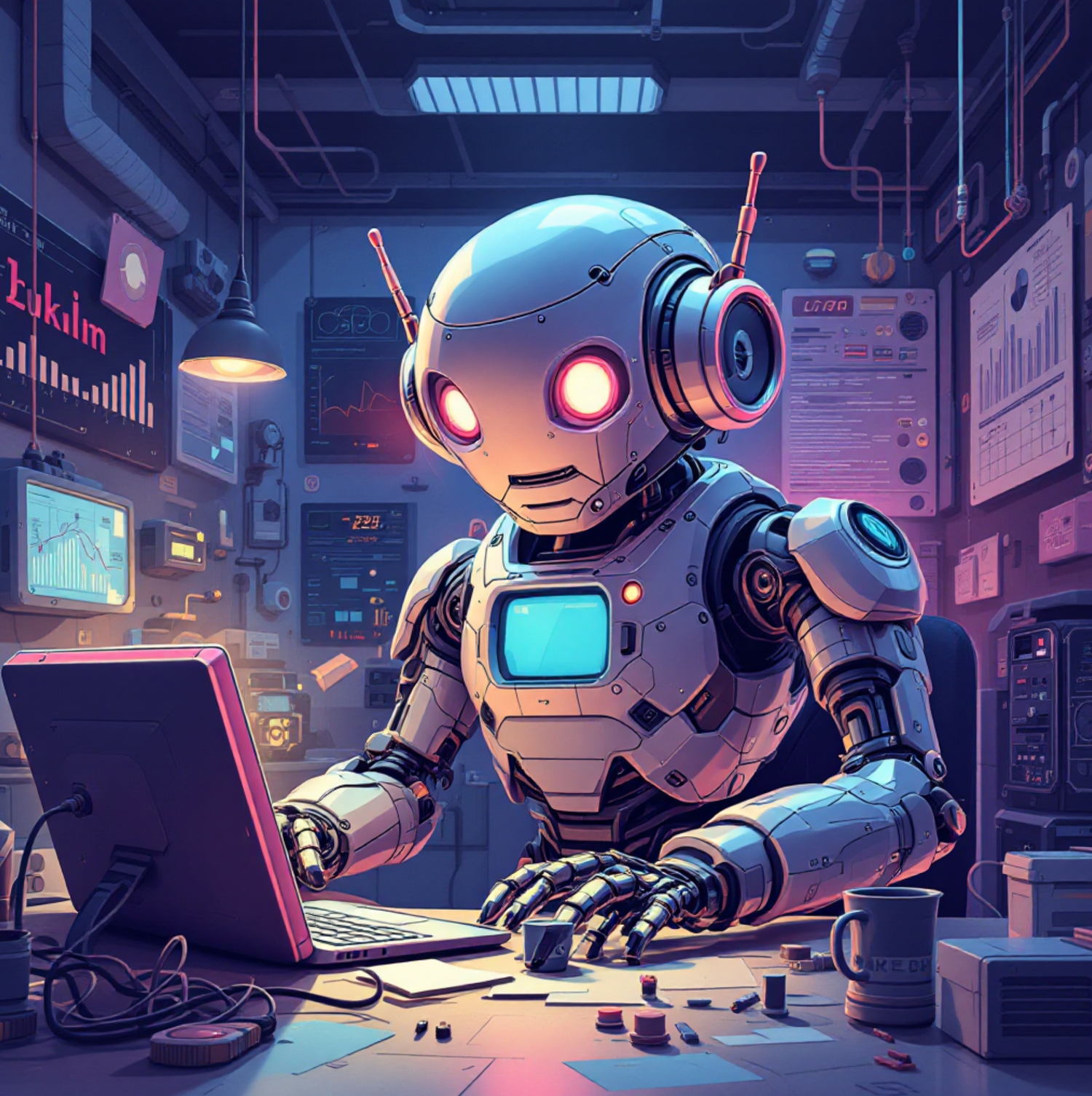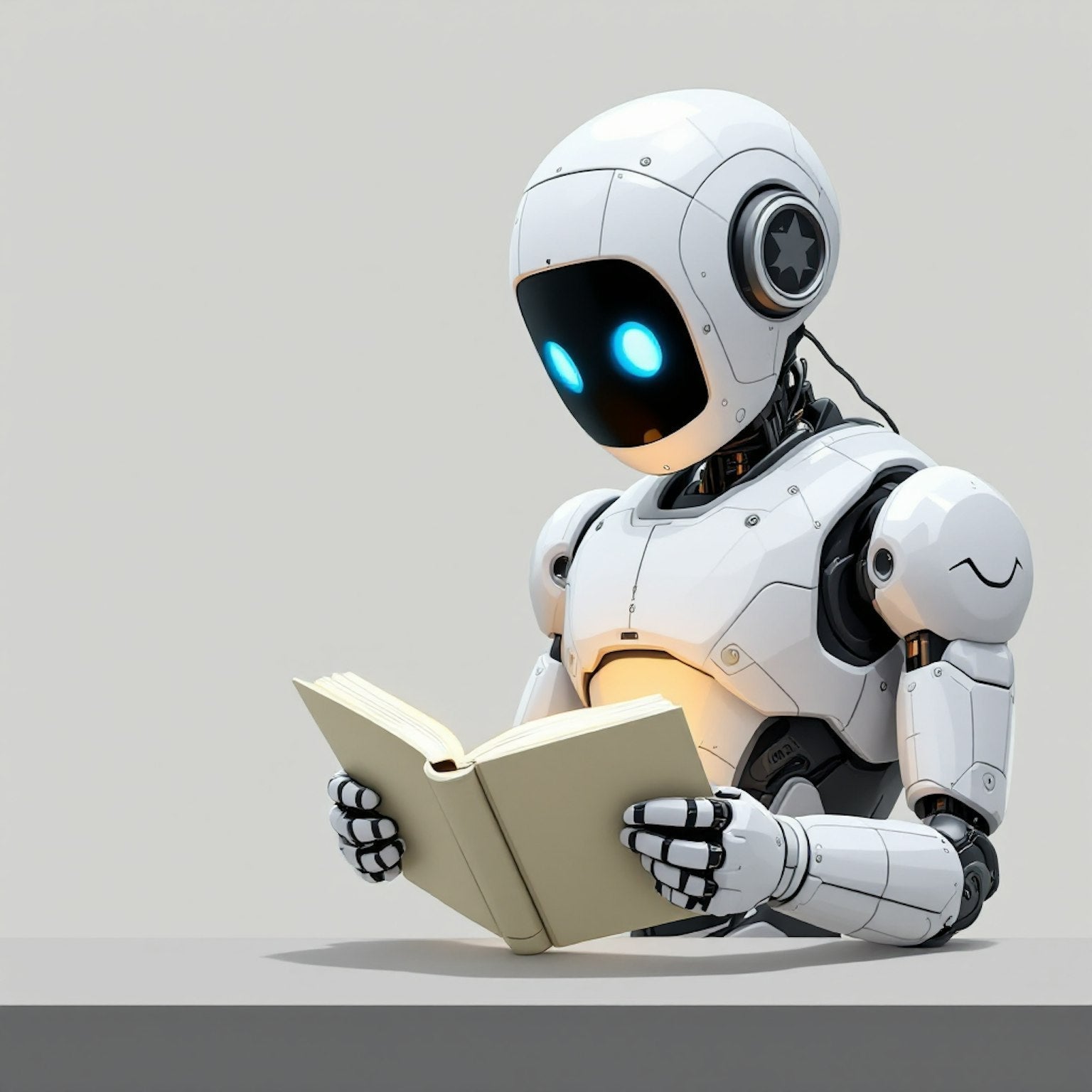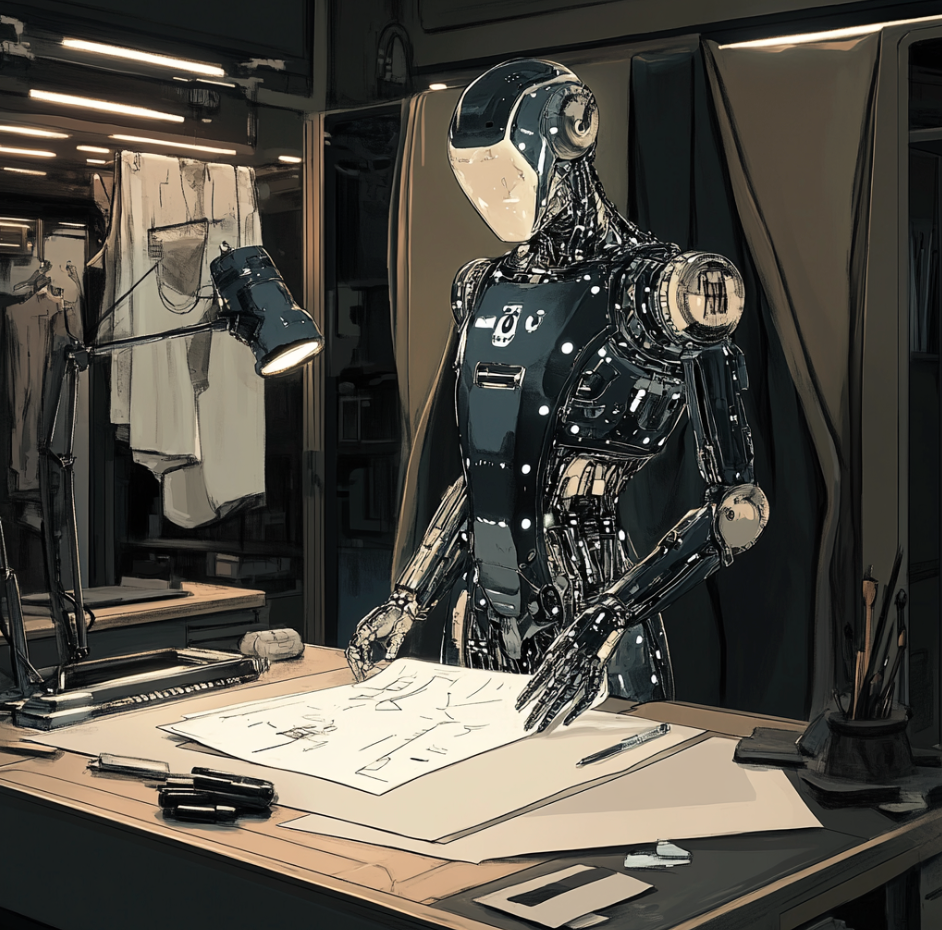Are you curious about how AI will change the future job market or worried it might take your job? Here's the good news: it doesn’t have to be a battle. “AI vs Humans: Navigating the Future Job Market” is a journey into a world where AI could actually enhance your career prospects, not limit them. This blog will explore what jobs might face risks, how we can adapt, and how humans and AI can work hand in hand for a better tomorrow.
The Impact of AI on the Job Market

Artificial Intelligence is reshaping industries, including manufacturing, healthcare, and finance. AI excels at automating repetitive tasks, processing data, and boosting efficiency. This means jobs that rely heavily on routine tasks could be at risk. But it also means new opportunities for those ready to engage with AI tools.
Why Human Skills Still Matter
AI is impressive, but it lacks in areas where humans naturally thrive. Creativity, emotional intelligence, and complex problem-solving remain our fortes. Areas like counselling, the arts, and leadership require a human touch, creativity, and empathy that machines just can't replicate. These roles will continue to be vital.
A Future of Collaboration, Not Competition
What if the answer isn’t simply AI vs humans, but AI and humans? Many experts suggest a collaborative future where AI handles the data-heavy lifting, letting humans focus on strategic, creative, and interpersonal tasks. This partnership may transform work into a more satisfying and productive experience.
Preparing for the AI Revolution

Ready for the change AI brings? The key is upskilling and reskilling. Learning how AI systems work is crucial for current and future workers. Strong education programs focusing on AI tools, digital literacy, and emotional intelligence will be fundamental to remain relevant and competitive.
New Job Avenues with AI
While AI might phase out some jobs, it also creates new ones. Think about roles dedicated to AI maintenance, ethical oversight, and utilising human creativity in new ways. As AI becomes more mainstream, such positions will gain prominence, offering exciting career paths we can’t even imagine yet.
Ethical Considerations and Adjustments
AI isn't just tech; it’s also about ethics. Establishing guidelines to manage AI responsibly is critical. Discussions around data privacy, algorithmic fairness, and workforce transitions need attention to ensure AI benefits everyone fairly.
How AI Changes Work Dynamics
AI changes more than jobs—it changes how we work, offering flexibility and remote opportunities. Automation aids more effective collaboration and enhances day-to-day tasks, contributing to higher productivity and job satisfaction.
Addressing Socio-Economic Effects
With AI’s influence, it’s essential to tackle potential inequalities. Lower-skilled positions are most at risk. Solutions include policy-making, providing retraining opportunities, and ensuring equitable AI advantages.
Education is Key
The right skills and knowledge are fundamental as AI shapes job markets. Educational systems and training need a revamp to adapt to these changes. Emphasising digital literacy, AI ethics, and human skills like critical thinking will help workers adapt and enrich their unique talents.
Global Cooperation is Crucial
AI shouldn't deepen global divides. Nations with advanced tech sectors will initially gain more, but international collaboration and investment in digital infrastructure are necessary to bridge this gap, levelling the playing field worldwide.
It's time to shift the focus from conflict to cooperation. AI doesn’t have to ‘win’ over humans; rather, it can augment and unlock human potential. By focusing on education, ethical policies, and global cooperation, we can use AI as a powerful ally in reimagining the workplace and enhancing human capability.



